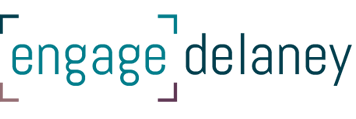Are You Really Listening?
We’ve all been there. Someone who’s close to us – a spouse, sibling, parent or good friend – is talking about something they’re really excited or worked up about and we realize we’re not really hearing what they’re saying. It’s like that teacher from the Peanuts comic strip: Her mouth is moving and she’s probably saying important things, but all the students are hearing is “wah-waah, wah wah wah wah, waaah-wah wah.” Oops.
Active listening is a valuable and important skill for everyone to learn, practice and, hopefully, eventually master. But it’s especially crucial for anyone who is involved in citizen engagement, public involvement or stakeholder relations. For example, active listening can help de-escalate the strong emotions that participants sometimes express at public open houses or workshops.
Active listeners remain neutral to what the speaker is saying, they allow the speaker time to express their thoughts, and they ask good questions in an attempt to seek deeper understanding.
If you’re involved in an organization or government department where public participation plays a role, you can learn more about the importance of active listening and how to practice it at the IAP2 Foundations Program coming up in Vancouver Sept. 28 to Oct. 2.
The five-day course, developed by the International Association for Public Participation (IAP2) and delivered by Engage Delaney, offers participants a toolbox full of principles, skills, processes and steps to design and manage effective public participation strategies.
To learn more about the course and to register, click here.


